Day in the life of
Sociologist – Dr. Kimya Nuru Dennis
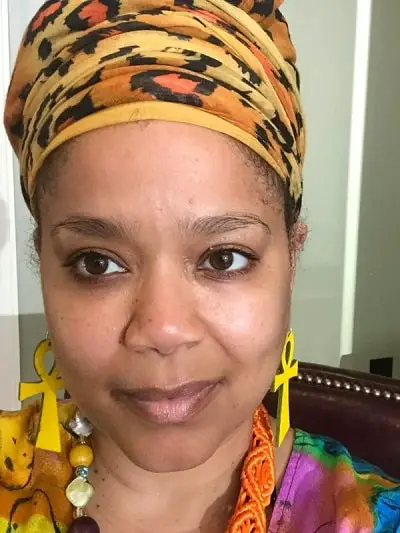
When I was a full-time college professor (I eventually became a tenured associate professor) and the creator and coordinator of an academic program, I taught afternoon and evening hybrid (in-person course sessions and with online materials) courses Monday-Thursday. I did not teach on Fridays. My students ranged from ages 17-75. I am a Black woman activist sociologist which means most of my time is spent in communities, focusing on practical application, and I required students to do off-campus interactions for course assignments. Most students appreciated this requirement to engage in off-campus event attendance and volunteerism. Some students achieved internships and jobs from these opportunities. In addition, I conduct qualitative research through participant observations and interviews in my areas of specialization which include Black mental health, Black suicide, Black childfree-by-choice, and demographic-cultural-based mental health training for law enforcement and first responders.
I am no longer a full-time college professor. Now I use my sociology, criminology, and criminal justice expertise to further activism, further practical application, I am on committees and board of directors and do community involvement and my business 365 Diversity. I also do grant writing for a small local women-led and partly Black-led non-profit organization that is connected with a two-third Black-led and two-third women-led small local coffeehouse and restaurant.
As I explain to communities and to K-12 students and college students, getting a formal education does not mean we only have one option for a job and career. Sociologists provide our expertise in many jobs and careers locally, nationally, and around the world including small non-profits, large non-profits, for-profit organizations, businesses, and government agencies.
Pros
As a professor, the pro was being an educator to challenge students to think beyond what they learned since childhood.
Cons
As a professor, the con was professors at most colleges and universities invest in educating and student outcomes, however, school accreditation agencies are not interested in inclusion and equity in colleges and universities. That is not part of annual program evaluations and annual evaluations and assessments from the dean’s offices and school presidents. That is why it is up to academic programs and schools to take action in creating safe environments and successful environments for people with underserved and minoritized demographics-identities-experiences.
Sociologists
study human society and social behavior by examining the groups and social institutions that people form, as well as various social, religious, political, and business organizations. May study the behavior and interaction of groups, trace their origin and growth, and analyze the influence of group activities on individual members.

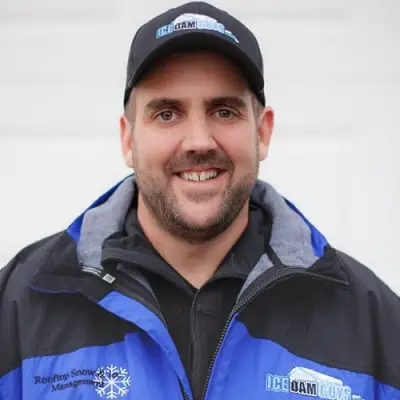
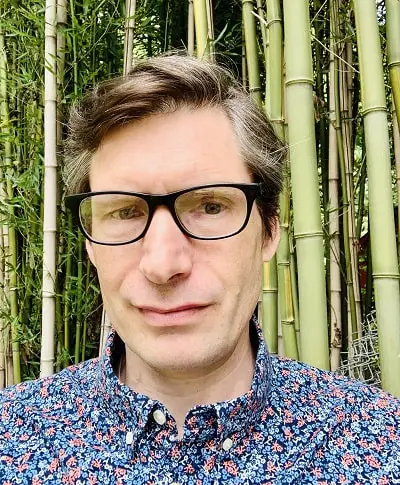
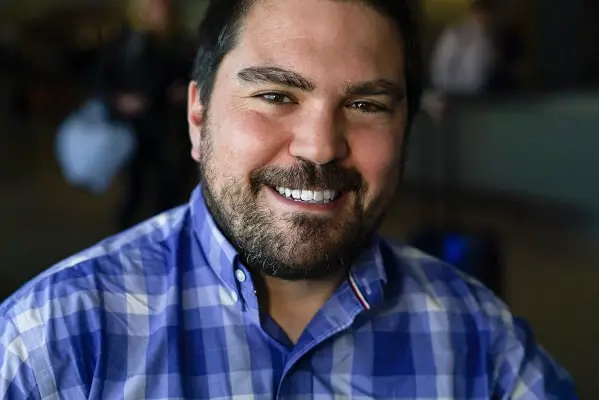
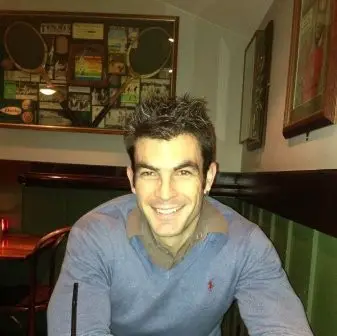
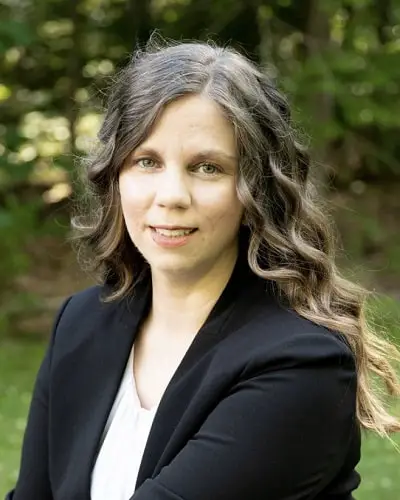

.jpg)